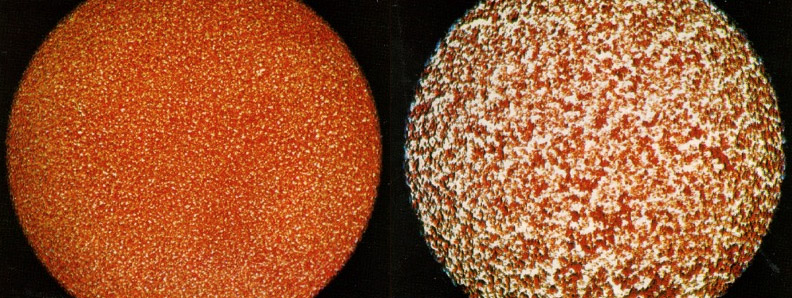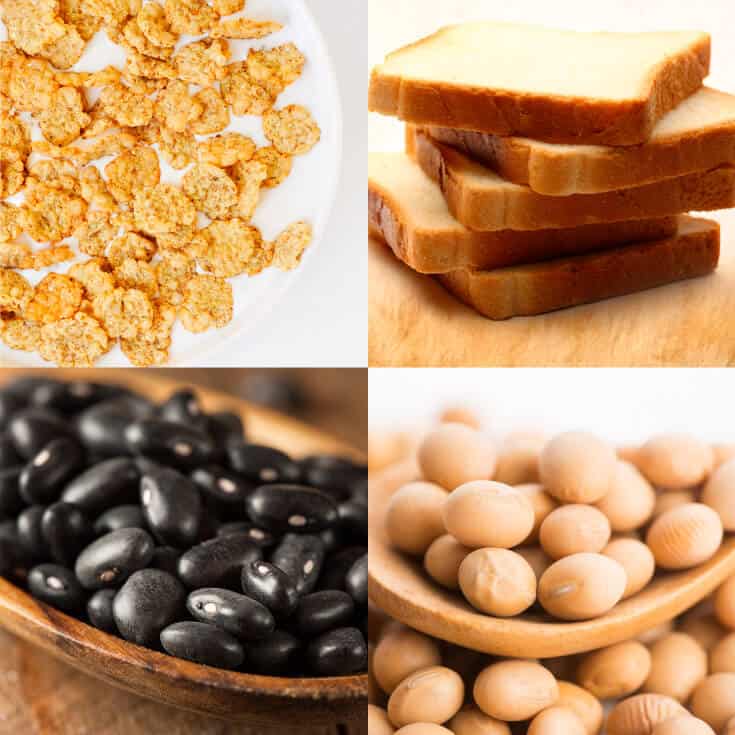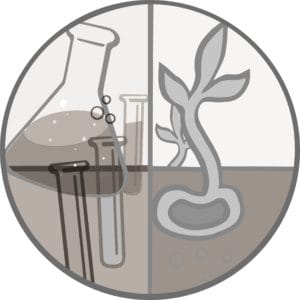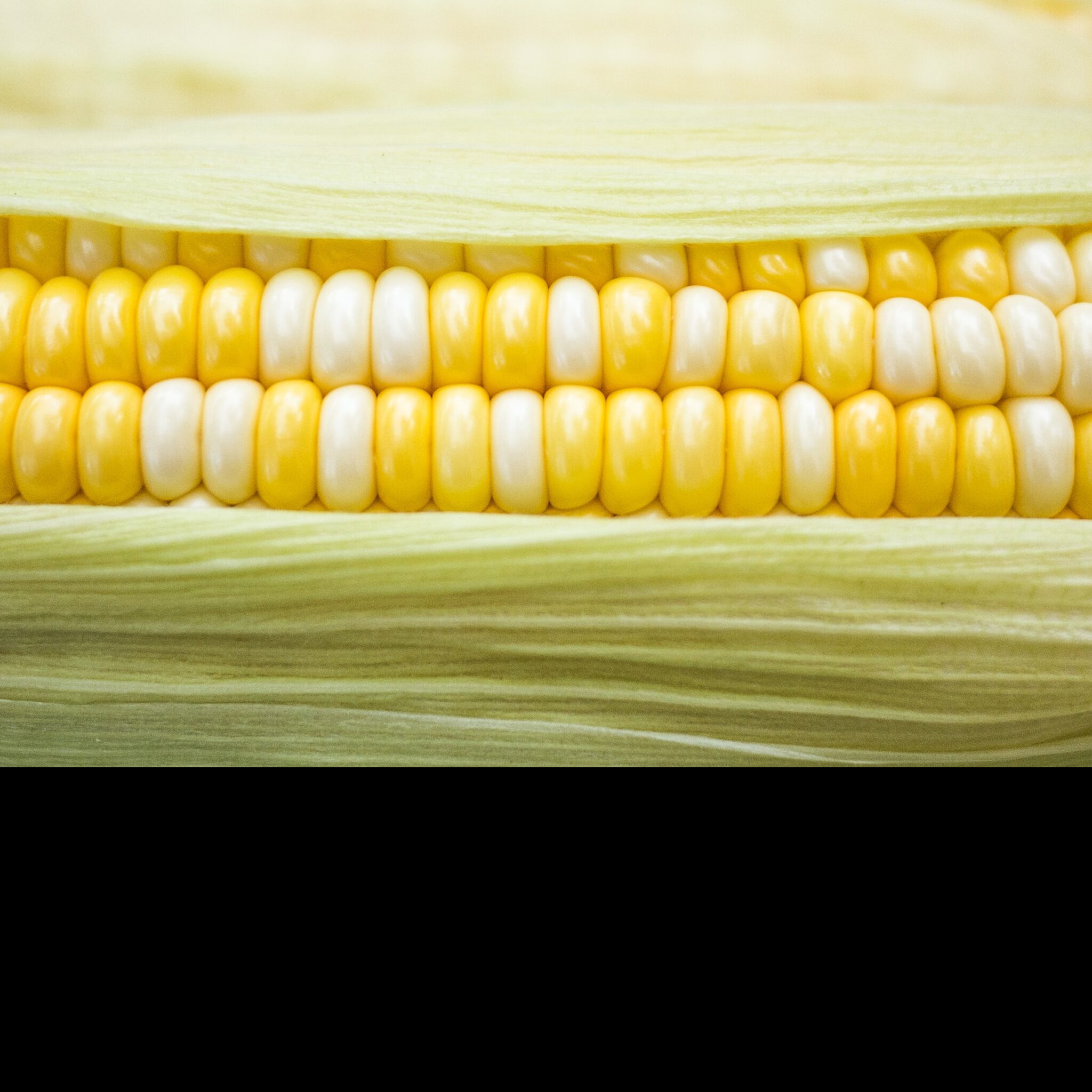Rinse & rePeat
Member
- Joined
- Mar 10, 2021
- Messages
- 21,516
“People with type O blood will gain weight if they eat kidney beans, navy beans, or lentils. Because type O individuals are supposedly descended from ancient hunter-gatherers whose diet consisted primarily of meat, poultry, seafood, vegetables, eggs, seeds, and nuts, cultivated produce such as beans is allegedly bad for those with type O blood, according to diet proponents. Kidney and navy beans will interfere with their ability to burn calories, so we advise you to avoid this kind of food and live healthy as much as you can.”
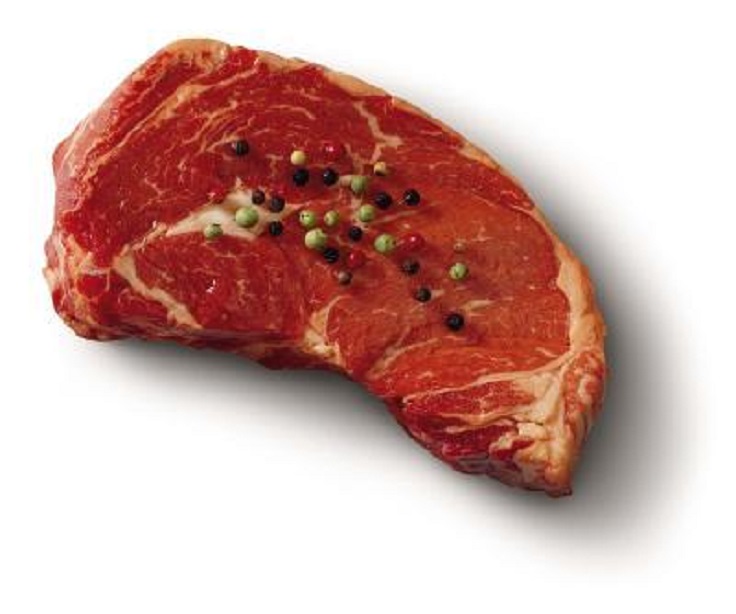
 www.topinspired.com
www.topinspired.com

Top 10 Foods That Blood Type O Should Avoid
Blood group O is the most common blood type and is said to have originated from Africans and American Indians. These ancestors were hunters and survived by eating meat. Therefore, this blood group should get a sufficient amount of protein from meat and lower fruits and vegetables. Avoid dairy...

